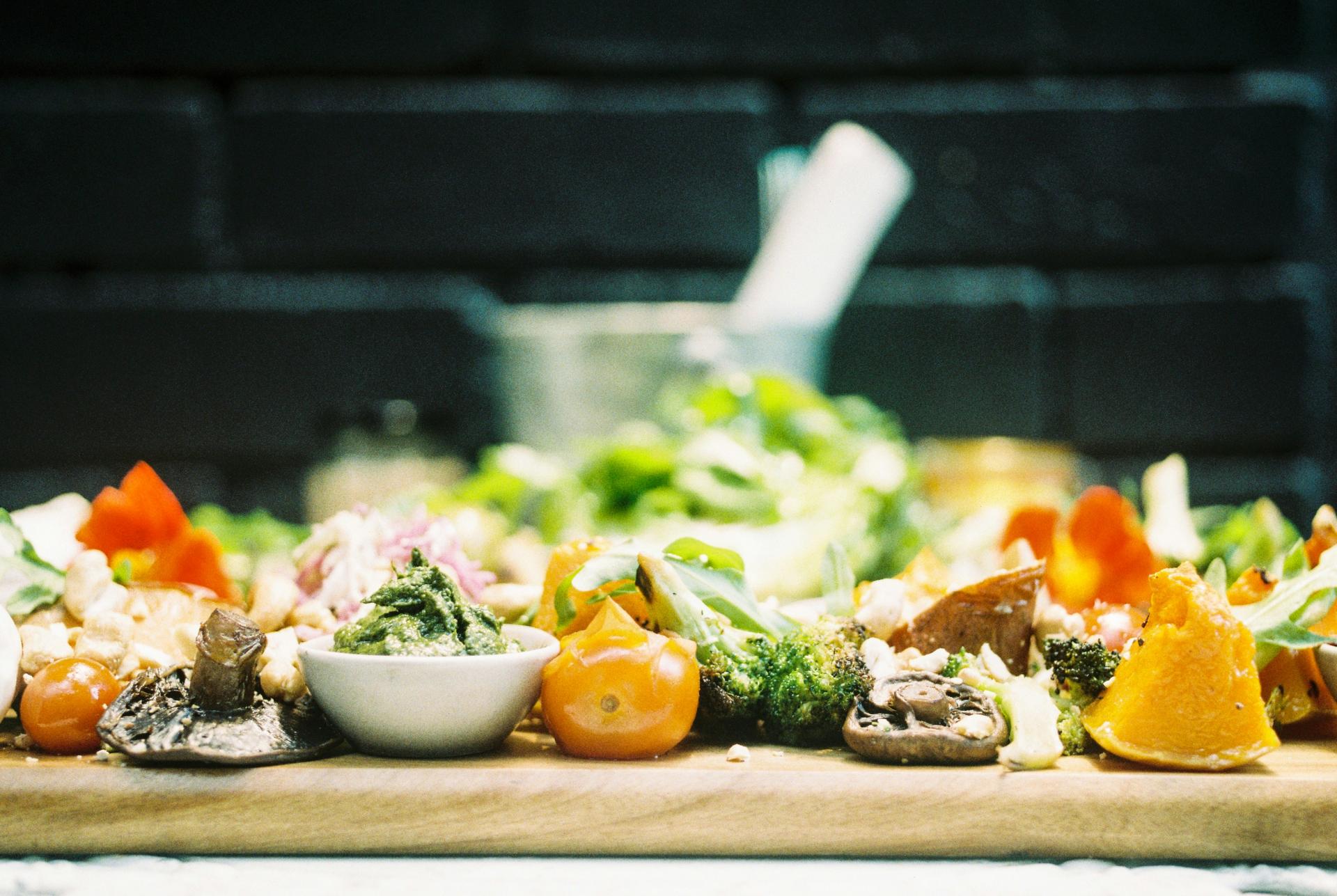58 million tons of food waste is generated in the European Union, which is approximately 131 kg per inhabitant during a year. In addition, more than half of food is wasted in households. In order to realize the extent of this problem in Latvia and to look for appropriate solutions, a group of researchers from the Latvia University of Life Sciences and Technologies (LBTU) has started a research in which they invite every citizen of Latvia to share their opinion and reveal their food consumption habits by filling out a survey. The research will analyze the situation not only of households, but also of food production and catering companies.
The problem of food wastage has been brought up throughout the European Union, and its seriousness is substantiated by Eurostat data for 2023, which reveal the huge amount of food waste produced - 58 million tons per year. Food waste has a negative impact both on the environment, as it causes greenhouse gas emissions, and on the economy, as more than EUR 130 billion is lost every year. Moreover, this problem has a paradoxical effect on society. Although a huge amount of food is thrown away, part of the population still cannot provide themselves with a full meal.
"The study we launched, "In-depth assessment of a sustainable food system and measures to reduce food waste", raises an important question about the sustainability of food production and consumption on a global scale. We are doing this to identify effective solutions to the problem of food waste, which is an essential factor in promoting the sustainability of the food system. the resource of energy, water and land for food production, which is ultimately wasted, is huge, so it is necessary to focus on actions that would reduce it," explains LBTU researcher Ilze Beitāne.
She says that in connection with food waste, the European Union has set a goal of reducing food waste per capita by 50% by 2030. In order to achieve this, a structured and well-thought-out action plan is required, carefully evaluating all parties involved.
"It is currently known that the biggest food wasters are households (53%), followed by the processing sector (20%), manufacturing (11%), restaurants and services (9%), retail and distribution (7%). Until with this, it is necessary to understand the reasons which factors contribute to the increase of food waste, what could be done to reduce or prevent these factors, what innovative approaches could be used, how the resulting food waste could be reused or recycled and households -, let's take a step closer to the common goal and allow each of us to realize our contribution to achieving the goal, to reflect on our actions and attitudes regarding food waste, as well as to make changes in our behavior and actions," says the researcher.
In order to find out the attitude and habits of the population in food consumption, which would allow analyzing the situation of households, every resident of Latvia has the opportunity to fill out a questionnaire, which is available electronically at the link: https://forms.gle/qBCx6XQMnXvBmm2g8 until September, 2024. It will have to answer questions about actual food consumption, its planning and unused food, as well as express an opinion about food waste.
The research is carried out within the framework of the subsidy project S499 of The Ministry of Agriculture of the Republic of Latvia and its purpose is to evaluate possible future actions/actions to reduce food waste for various target groups, as well as to provide an evaluation of the sustainability initiatives implemented so far in Latvian food production companies and to provide proposals for further actions/actions to promote sustainable food production, taking into account the European Commission's initiatives on sustainable food systems.
Photo source: www.unsplash.com
